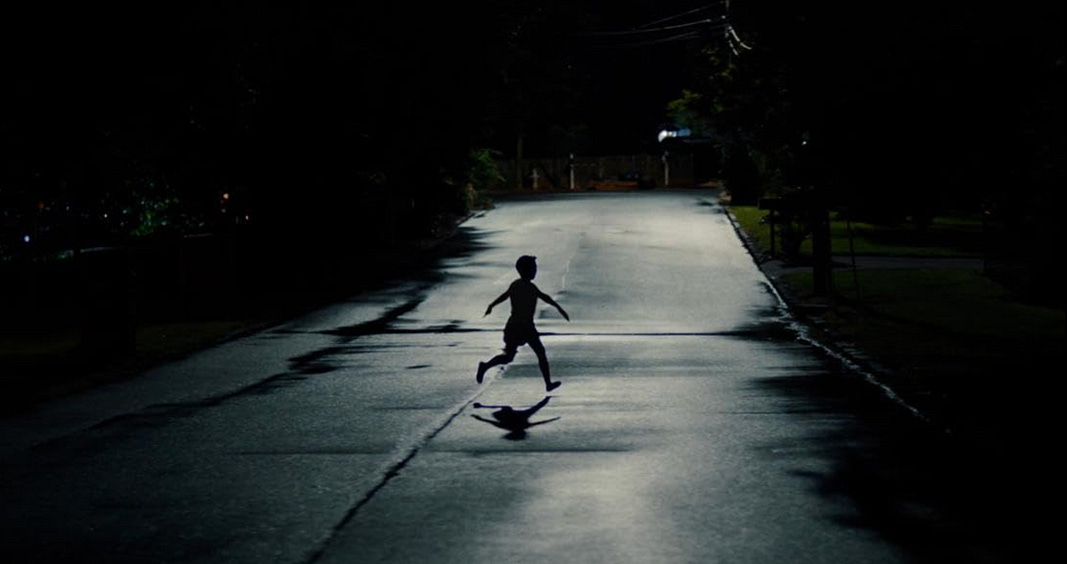The Virtues of Reverse-Escapism
On the nature of escape and its surprisingly varied forms
One of the biggest reasons that people have always turned to books, TV shows, and movies is the emotional getaway that they offer. When we’re immersed in the plights of made-up people in alternative realms — whether cartoonish, fantastical, or gratingly realistic — it’s easy to forget about our own problems. We can turn …
Keep reading with a 7-day free trial
Subscribe to The Gen Z Report to keep reading this post and get 7 days of free access to the full post archives.


